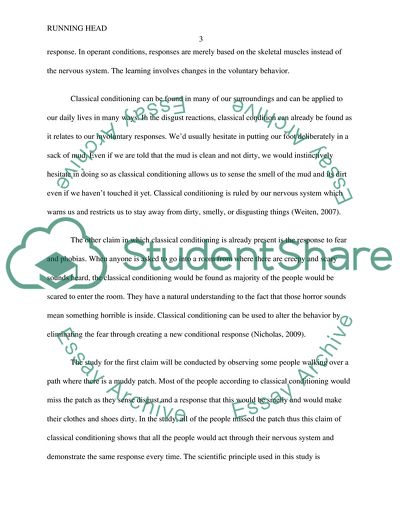Cite this document
(“Knowledge and Application of Psychology Research Paper”, n.d.)
Knowledge and Application of Psychology Research Paper. Retrieved from https://studentshare.org/psychology/1686130-knowledge-and-application-of-psychology
Knowledge and Application of Psychology Research Paper. Retrieved from https://studentshare.org/psychology/1686130-knowledge-and-application-of-psychology
(Knowledge and Application of Psychology Research Paper)
Knowledge and Application of Psychology Research Paper. https://studentshare.org/psychology/1686130-knowledge-and-application-of-psychology.
Knowledge and Application of Psychology Research Paper. https://studentshare.org/psychology/1686130-knowledge-and-application-of-psychology.
“Knowledge and Application of Psychology Research Paper”, n.d. https://studentshare.org/psychology/1686130-knowledge-and-application-of-psychology.


